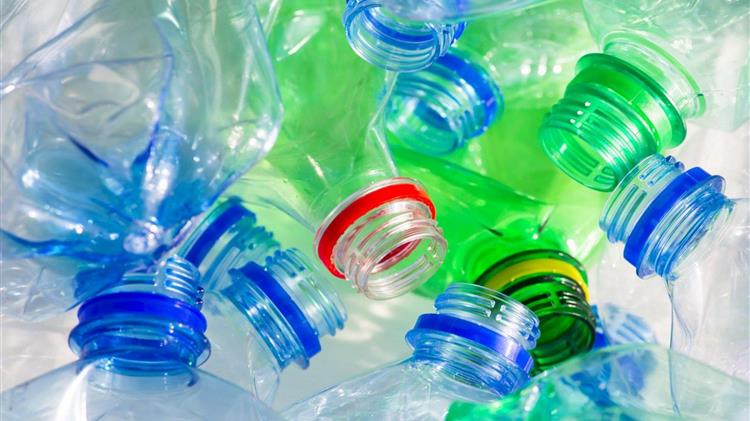There is a significant risk that the EU will not meet its plastic packaging recycling targets for 2025 and 2030, according to a review published Tuesday by the European Court of Auditors.
The update of the legal framework for plastic recycling in 2018 reflects increased EU ambitions and could help boost recycling capacity. The scale of the challenge facing the Member States should not be underestimated, however, says the ECA.
New and more accurate recycling reporting rules and a tightening of plastic waste export rules will reduce the EU's reported recycling rate. Concerted action is thus needed to get the EU to where it wants to be in just 5 to 10 years' time, the auditors say.
Packaging alone, such as yogurt pots or water bottles, accounts for about 40 % of plastic use and over 60 % of plastic waste generated in the EU. It is also the type of packaging with the lowest recycling rate in the EU (slightly over 40 %).
To address this growing waste problem, the European Commission adopted the plastics strategy in 2018, which included updating the 1994 Packaging and Packaging Waste Directive (PPWD) and doubling the current recycling target to 50 % by 2025 and even 55 % by 2030. Reaching these targets would be a significant step towards achieving the EU's circular economy goals.
"To meet its new recycling targets for plastic packaging, the EU must reverse the current situation, whereby we incinerate more than we recycle. This is a daunting challenge", said Samo Jereb, ECA Member responsible for the review. "By resuscitating single-use habits amid sanitary concerns, the COVID pandemic shows that plastics will continue to be a mainstay of our economies, but also an ever-growing environmental threat."
Over recent years, the EU has been striving to address flaws in its framework for packaging waste. The Commission plans to revise the packaging design rules ('essential requirements'), which at present are deemed unenforceable in practice. This could result in better packaging design for recyclability and could incentivise reuse, the auditors note. Similarly, new EU rules intend to harmonise and reinforce Extended Producer Responsibility schemes, so that they promote recyclability (for instance via fee modulation systems or even deposit-return schemes) and not only lighter packaging, as most currently do. These changes are needed to help attain the new recycling targets.
The update of the PPWD introduced more rigorous criteria for calculating recycling rates. Current figures are far from being accurate or comparable across Member States. The new calculation methods should provide a more reliable picture of the actual share of plastic packaging being recycled. It is estimated that this could lead to a significant drop in reported recycling rates, from the current figure of 42 % to barely 30 %.
The challenge of ramping up recycling capacity in the EU is all the greater given the new and soon-to-be-applied 'Basel convention', which sets stricter conditions for shipping plastic waste abroad. Member States are highly reliant on non-EU countries to manage their plastic packaging waste and reach their recycling targets. Nearly a third of the EU's reported plastic packaging recycling rate is achieved through shipments to non-EU countries for recycling. As from January 2021, however, most plastic waste shipments will be banned. This, combined with the lack of capacity to treat this waste within the EU, constitutes another risk to achieving the new targets, warn the auditors. It also risks leading to an increase in illegal shipping and waste crime, against which the EU framework is too weak.
The EU's ambition to improve its plastic packaging recycling reflects the scale of the environmental challenge that plastics pose. With its new approach, the EU has the opportunity to gain a first-mover advantage and reinforce its position as a global leader in plastic packaging recycling. However, given the challenges and gaps to be overcome, EU Member States may not meet the new targets. Significant and concerted action is required, urge the auditors, if the EU is to almost double the amount of plastic packaging waste it recycles by 2030.

